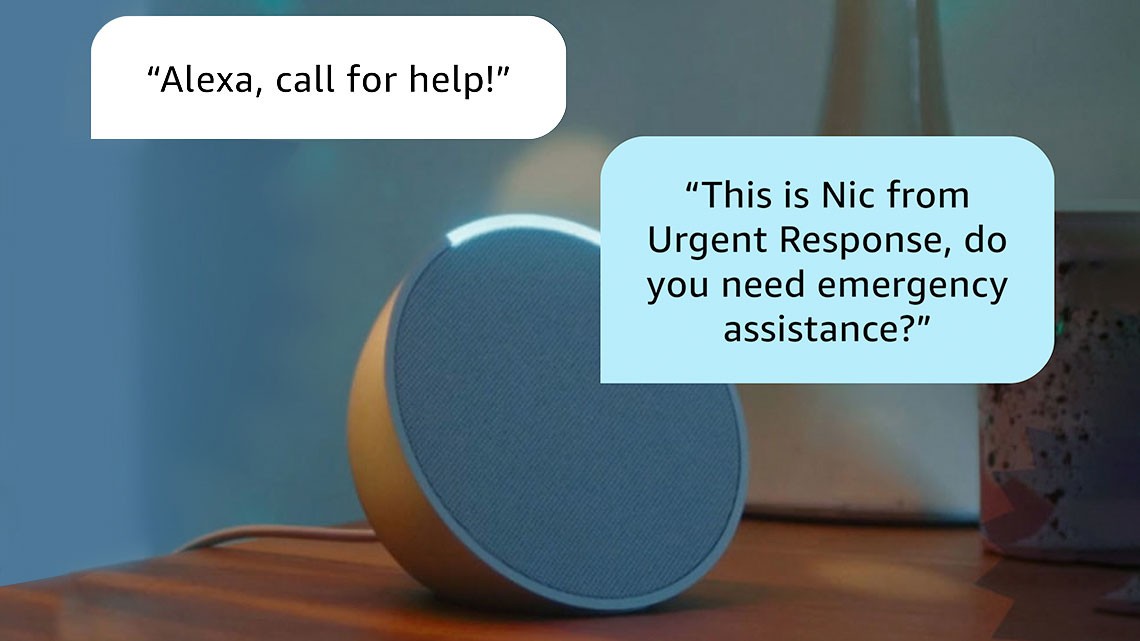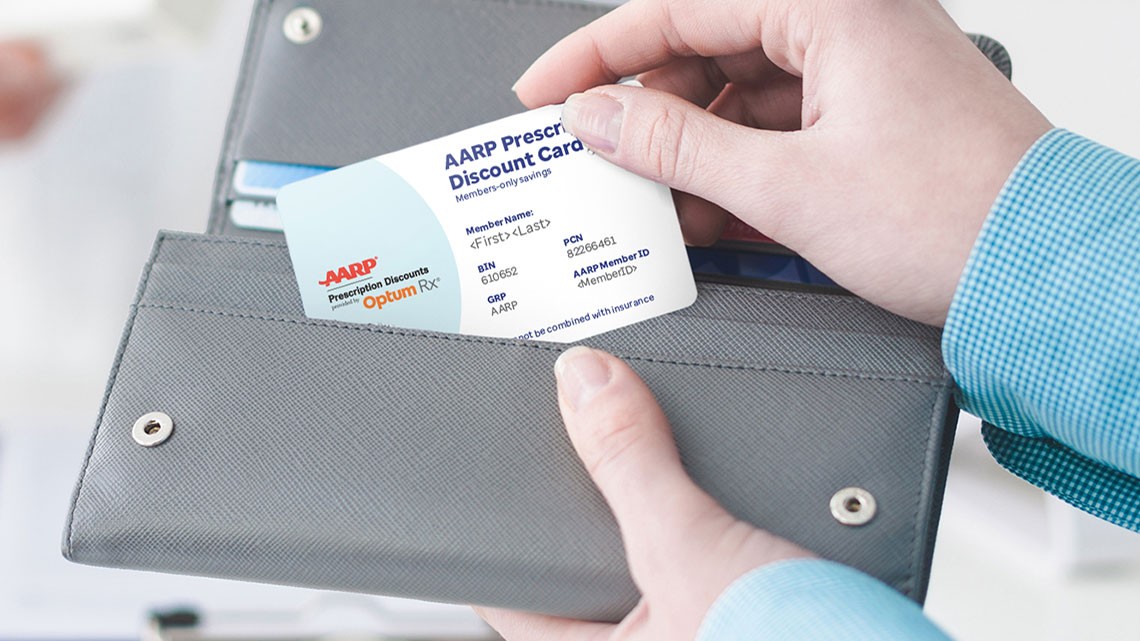Staying Fit


Family caregivers spend a great deal of time caring for family, neighbors and friends — an average of 24 hours of care per week, studies show.
For some, it’s a full-time job. Although it may truly be a labor of love, the truth is family caregivers often feel invisible, alone and unappreciated.


AARP Membership— $12 for your first year when you sign up for Automatic Renewal
Get instant access to members-only products and hundreds of discounts, a free second membership, and a subscription to AARP the Magazine.
That’s where you come in. You can make a real difference for your family members, friends and coworkers who are caring for others. On National Caregivers Day, Feb. 16 this year, let them know you get it: You see what they are doing, and you honor and value them.
I’ve been a family caregiver my entire adult life for various loved ones, and I can tell you that even the smallest gesture means so very much. It may feel difficult to know what caregivers want and need, simply because they are too overwhelmed to be able to tell you.
So, we are making it easy for you. Here are some clear ways you can demonstrate your support and appreciation to a family caregiver.
1. Simply say ‘thank you’ to a caregiver and tell them how great they are
Be specific. Thank them for their everyday efforts, not just the especially challenging things. Compliment them on a job well done, whether it’s a good meal or a great job handling a crisis.
Point out the many ways in which they are making a real difference in their loved ones’ lives. Celebrate the victories, small and large. Tell them you see their skills and resilience in even the most difficult of circumstances and you appreciate everything they do.
What that looks like:
- Mail greeting cards. We don’t often get “good mail” these days, so it’s an extra special surprise when we do. Be sure to say thank you for all they do for their loved ones. When I was in the throes of caring for both of my parents and my sister, my best friend sent me a card that said, “She who never gives up!” I posted it in the house, and it frequently gave me a lift and encouraged me to press on (it still does). It gave me confidence.
- Send edible treats, such as a fruit bouquet, cookies or a wine-of-the-month club membership. My aunt loves bread pudding, so I found a place that ships it. My sister once surprised me with a package of chocolate-covered strawberries when I was in the thick of caregiving. Her enclosed note said, “Thank you for all you do for Mom and Dad.” It meant the world to me and still does every time I think of it, even though my parents and my sister have all passed on now.
- Bring them fresh flowers — or have them delivered. Fresh flowers bring joy and beauty to our existence and make us feel special.
- Write a letter. Tell them they are incredible and explain how important they are and how much you admire them.
- Nominate them for an award. Find out if local, state or national organizations give awards to recognize outstanding caregivers or people who are making a difference in their communities. If you can’t find one, create an award for them yourself, complete with a certificate!
2. Spend time with a caregiver
Take time from your busy life to just be with them. Melanie Mitchell, who cared for her mother, expressed it so well: “Sit with me. Don’t just tell me how great I’m doing. Spend some time with me.”





































































More From AARP
How Caregiving Can Alter Dreams and Goals
Post-caregiving life may be different than you imagined — in a good wayMore Than 60% Say Caregiving Increased Their Level of Stress, AARP Report Finds
Survey sheds light on daily stressors and shares how some manage anxiety, pressureOnline Groups Help Caregivers Relieve Stress, Recharge, Learn and Give Back
Fifteen thousand members strong, AARP’s online community helps ease the isolation many caregivers experienceRecommended for You